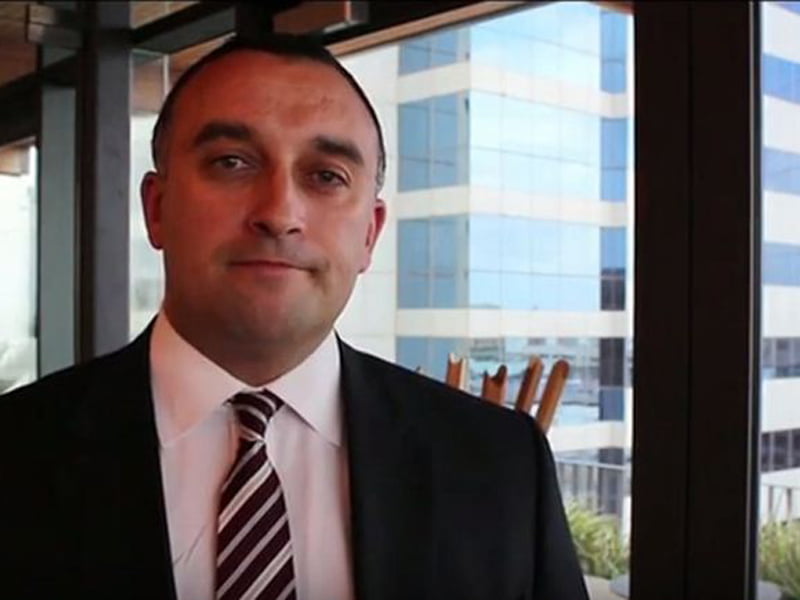Now is not the time for the government to cut the research and development tax incentive, with Australia facing an economic crisis potentially worse than the GFC, the Australian Investment Council has warned.
The Council has called on the Coalition to drop its plans to shave $1.8 billion from the scheme due to the emerging economic crisis due to the COVID-19 virus facing Australia and the rest of the world, which Prime Minister Scott Morrison warns could be more severe than the Global Financial Crisis.
Along with the necessary health and social measures, the federal government should also be doing everything it can to encourage businesses to continue to innovate and conduct research, Australian Investment Council chief Yasser El-Ansary said, and should reconsider policies that may have the opposite effect.

The government has sought to tighten the RDTI for several years, with its initial plan knocked back by the Senate last year. It then reintroduced legislation to Parliament late last year that would amount to a $1.8 billion cut to the popular scheme.
The legislation is largely the same as the original bill and includes an increase to the expenditure threshold to $150 million, a $4 million cap for smaller companies and a new “intensity measure” for larger firms.
The proposed laws are the subject of a Senate inquiry which is set to report next month.
But Mr El-Ansary said the government should immediately abandon the plan to cut the scheme in light of the economic headwind Australia is now facing. This is especially critical as the impact of the COVID-19 outbreak widens.
“In light of the circumstances we find ourselves in, which are dramatically different to where we were a few weeks ago, we should be looking at policy reforms with a fresh lens overlay,” Mr El-Ansary told InnovationAus.
“We should reconsider whether or not the changes … make sense anymore when we’re staring down the barrel of a contraction in economic activity,” he said.
Now is not the time to be taking money out of a scheme that goes “a long way towards encouraging businesses to continue to innovate and invest in R&D, even when there’s a degree of economic uncertainty.”
On Wednesday morning Mr Morrison warned that the economic impact of the COVID-19 spread could be worse for Australia than the GFC due to close economic ties with China.
“The epicentre of this crisis as opposed to that one is much closer to home. The GFC impacts were centred on the North Atlantic, and back then China was in a position to cushion the blow for Australia,” Mr Morrison said.
Mr El-Ansary said the RDTI plays an important role in stimulating private sector investment in research and development, and it should not be cut during an economic crisis,.
“The R&D program plays a critical role in incentivising businesses to carry out research and development activities and to innovate more broadly. We should be doing everything possible to continue to incentivise that rather than implement policies that might have the reverse effect,” he said.
“Now might be the absolute right time to be turning some attention towards investing in R&D to help position a business for growth once we start to emerge out of the immediate crisis. Now is a very smart time to be investing for the future and the RDTI helps to crystallise that.
“There is a compelling argument around resisting the temptation to proceed with the implementation of reforms to the R&D program and incentivising businesses to invest in innovation for the long-term.”
The Coalition will soon release details of a stimulus package to help the country deal with the economic impact of COVID-19.
The Australian Investment Council said this should include an increase to NewStart and other allowances and a strategy to attract investment and talent from overseas.
Do you know more? Contact James Riley via Email.

